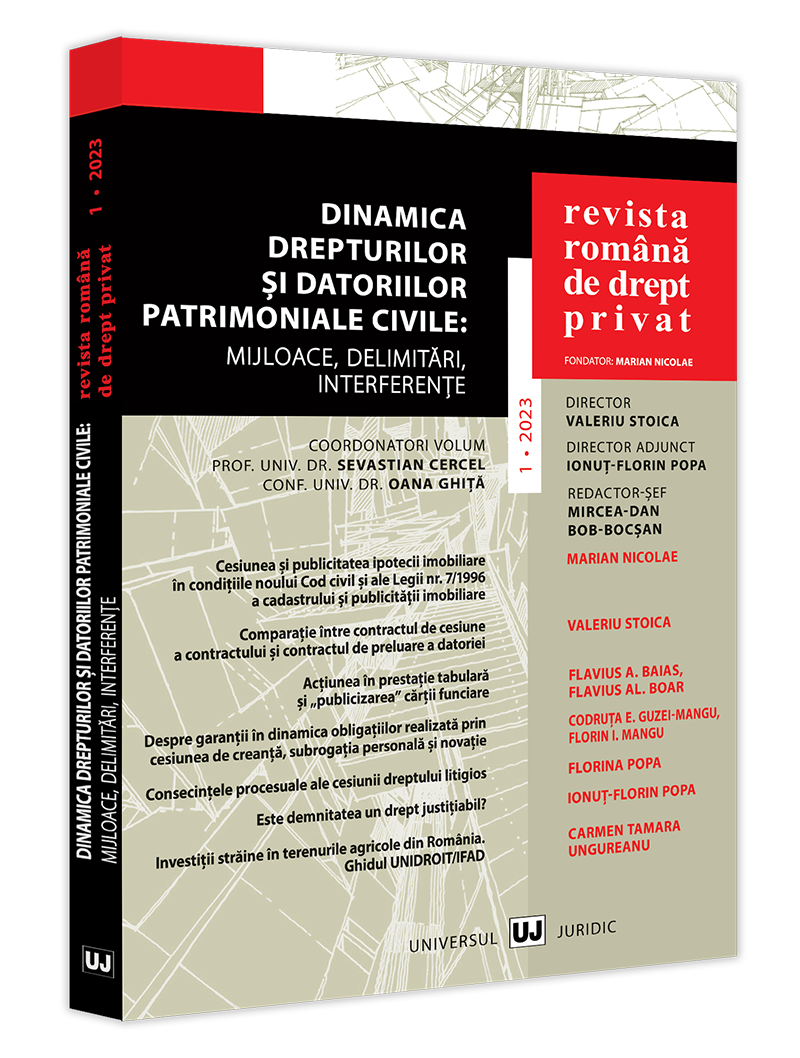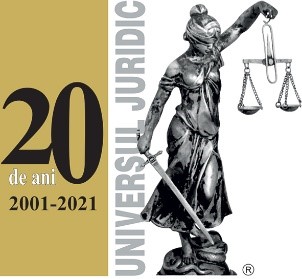DELEGATION AND SUBSTITUTION IN THE EXERCISE OF PARENTAL RIGHTS AND OBLIGATIONS
oanaghita[at]drept.ucv.ro
Keywords:
parent, child, parental authority, delegation, substitution, best interests of the childAbstract
Can parenting capacity be transferred to others? The answer is affirmative, as demonstrated by the presentation in which we propose to analyse the legal hypotheses of delegation and substitution of the exercise of parental authority. Thus, we have set out how parental rights and duties are transferred to other natural and legal persons, either voluntarily, at the initiative of the parents, or forcibly, through the intervention of the guardianship court, as a result of the behavioural history of the right holders, i.e. the parents, who have endangered the upbringing and education of the child.
If the delegation refers to the power of attorney given by the guardianship court or even by the parent‑holders to another person, the substitution implies a replacement (standing in the place of another), which is what happens in the case of the blended family, when the third party takes over part of the day‑to‑day duties of the authority, without being empowered by the person he/she replaces, but chosen by the other parent.
The delegation of parental rights and obligations is, as a rule, statutory, unlike the matter of obligations under common law, where it is conventional. Substitution/subrogation is the consequence of a factual situation (partial and involuntary transmission of the rights and duties inherent to the quality of a parent), namely the cohabitation of the former partner, resident parent for the child, with another partner/spouse, popularly called step‑parent.
Published
Versions
- 2024-04-24 (2)
- 2023-06-29 (1)









